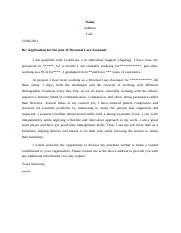Why a Great PCA Cover Letter Matters
In the competitive field of healthcare, particularly for Personal Care Assistants (PCAs), a well-crafted cover letter can be the key to unlocking your dream job. A PCA cover letter serves as your initial introduction to a potential employer, providing an opportunity to showcase your skills, experience, and personality beyond the confines of a resume. It’s a critical tool because it’s your chance to make a strong first impression and differentiate yourself from other applicants. By thoughtfully articulating your qualifications and expressing your genuine interest in the position, you can significantly increase your chances of getting an interview. A compelling cover letter doesn’t just list your credentials; it tells a story, highlighting how your unique attributes align with the specific needs of the role and the values of the healthcare facility or organization.
Key Components of a Powerful Cover Letter
A powerful PCA cover letter is more than just a formality; it’s a strategic document designed to capture the attention of hiring managers and convey your suitability for the role. The key is to build a connection between your experience, skills, and the job description. Each section of the cover letter should serve a purpose, working together to form a cohesive narrative that makes a positive impact. It includes the header, the opening statement, showcasing the relevant skills and experiences, certifications, quantifying achievements, and showing passion.
Header Essentials Contact Details

Start with a professional header that includes your full name, address, phone number, and email address. Ensure this information is accurate and up-to-date. If you have a professional online presence, such as a LinkedIn profile, include the link here. The header should be formatted clearly and consistently to facilitate easy contact from the hiring manager. A well-organized header demonstrates attention to detail, a crucial trait in healthcare. Make sure your email address is professional and reflects your name or a similar variation; avoid using casual or unprofessional email addresses.
Personalized Salutation Address the Hiring Manager
Instead of using a generic salutation like “Dear Sir/Madam” or “To Whom It May Concern,” make an effort to find the name of the hiring manager. This personal touch demonstrates your interest and initiative. You can often find this information on the company website or on LinkedIn. If you’re unable to find a specific name, try using a role-specific greeting such as “Dear Hiring Manager.” This small detail significantly increases your chances of getting noticed, as it shows you’ve taken the time to research the company and the specific job opening. Be sure to spell the name correctly and use the appropriate title (e.g., Mr., Ms., Dr.).
Crafting a Compelling Opening
Your opening paragraph is your first and often only chance to grab the hiring manager’s attention. Begin with a strong statement that immediately indicates your interest in the position and the organization. Mention the specific job you’re applying for and where you found the job posting. Briefly highlight your most relevant skills or experiences, setting the stage for the rest of your letter. Avoid generic phrases; instead, tailor your opening to reflect the specific needs of the role and the values of the organization. For example, if the job emphasizes compassionate care, start by highlighting your experience in providing patient-centered care. This will help you get a step ahead of your competition.
Highlighting Relevant Skills and Experience
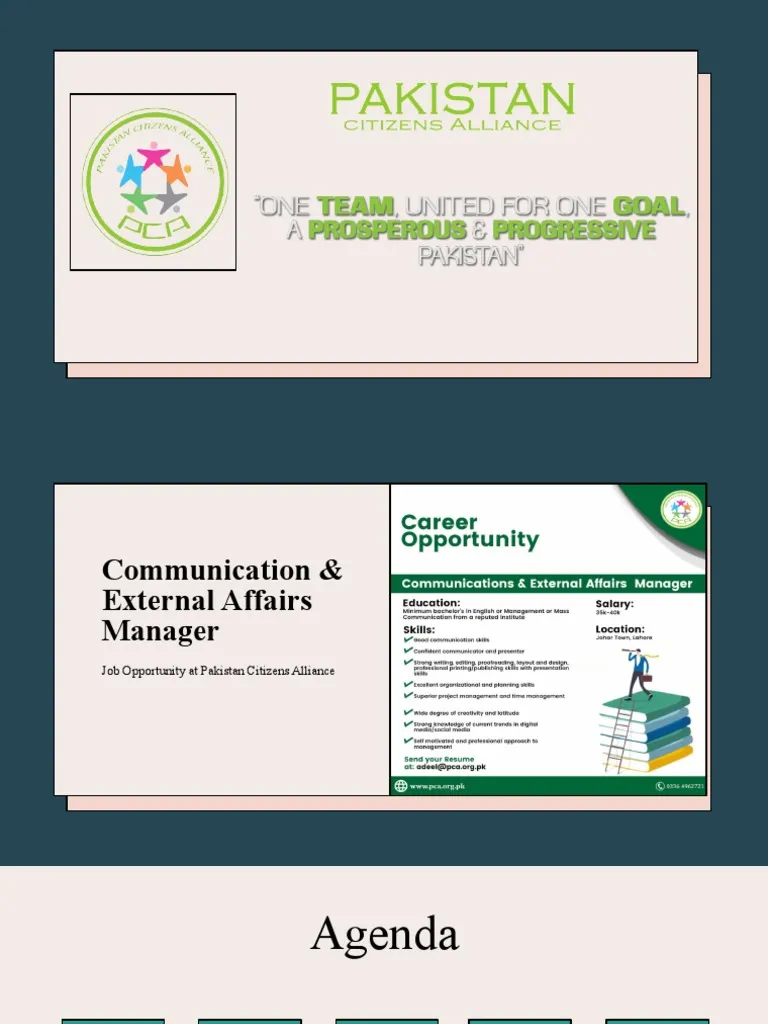
The body of your cover letter should focus on showcasing your skills and experience that align with the requirements of the PCA position. Carefully review the job description and identify the key skills and qualities the employer is seeking. Then, provide specific examples of how you’ve demonstrated these skills in previous roles or situations. Use the STAR method (Situation, Task, Action, Result) to structure your examples, making your accomplishments clear and impactful. For instance, if the job description mentions assisting with personal hygiene, describe a time when you successfully assisted a patient, detailing the situation, your task, your actions, and the positive outcome (e.g., patient comfort, improved health, etc.).
Showcasing Relevant Certifications
In the healthcare field, certifications are crucial for demonstrating your qualifications and ability to perform essential duties. In your cover letter, clearly state the certifications you possess that are relevant to the PCA position, such as CPR, First Aid, and any specialized training in areas like dementia care or assisting with mobility. Mention the issuing organization and the date of certification to add credibility. If you are in the process of obtaining any certifications, you can mention this as well, indicating your commitment to professional development. Include any licenses that you have, such as Certified Nursing Assistant (CNA) or Home Health Aide (HHA) to strengthen your qualifications and meet the requirements of the PCA position.
Quantifying Achievements Impact and Results
Whenever possible, quantify your achievements with data and specific results. This helps demonstrate the impact of your contributions in previous roles. Instead of simply stating “provided excellent care,” describe the results, for example, “Reduced patient fall incidents by 15% through implementing safety protocols.” Use numbers to illustrate your successes. If you provided assistance with managing medication, provide data regarding patient adherence to medication schedules and a decrease in adverse side effects. When detailing your experience, focus on results and outcomes that show how you enhanced the quality of patient care, improved patient well-being, or contributed to team efficiency. Providing measurable achievements makes your cover letter more persuasive and highlights the value you bring to the organization.
Demonstrating Passion and Suitability
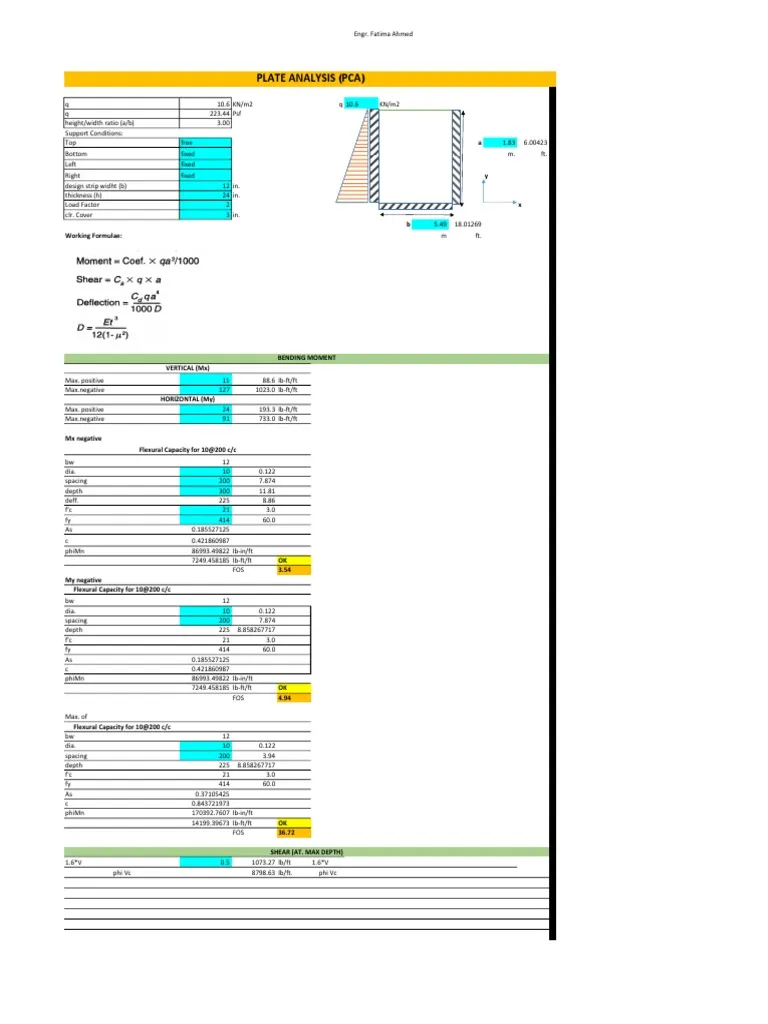
Express your genuine passion for providing care and helping others. Highlight why you’re drawn to the role of a PCA and what motivates you to provide compassionate support to patients. Share any personal experiences or motivations that make you uniquely suited to the role. This can include your experience in the healthcare industry. Mention any volunteer work or personal experiences that have prepared you for the responsibilities of a PCA. Explain how your personal values align with the organization’s mission and values. Authenticity and a sincere interest in patient well-being can set you apart from other candidates and leave a lasting impression on the hiring manager.
Closing Strong Call to Action
End your cover letter with a strong call to action. Express your enthusiasm for the opportunity and reiterate your interest in the position. Clearly state your availability for an interview and provide your contact information again for easy reference. Thank the hiring manager for their time and consideration. Avoid generic phrases; instead, tailor your closing to the specific job and the organization. For instance, express your eagerness to discuss how your skills and experience can benefit the facility and how you are excited to contribute to their mission of caring for patients. A well-written closing reinforces your interest and initiative, increasing the likelihood of a positive response.
Proofreading and Formatting
Before submitting your cover letter, carefully proofread it for any grammatical errors, typos, or formatting inconsistencies. A polished cover letter demonstrates professionalism and attention to detail, essential qualities for a PCA. Ensure the font is easy to read, and the layout is clean and organized. Use clear and concise language, avoiding jargon or overly complex sentences. Have someone else review your cover letter as a fresh pair of eyes can often catch errors you might have missed. Make sure all the elements of your cover letter are well-aligned and visually appealing. Proofreading is a crucial step, because a well-written cover letter increases your chances of a successful interview.
Common PCA Cover Letter Mistakes
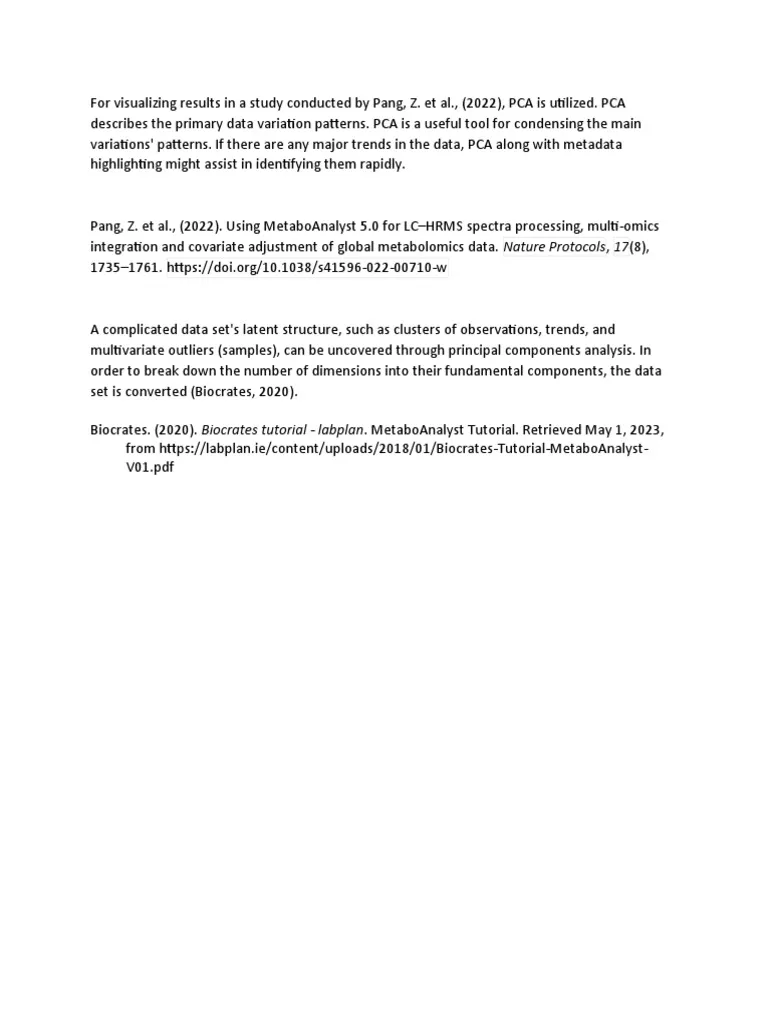
Even with the best intentions, some common mistakes can hurt your chances of landing an interview. Being aware of these pitfalls can help you avoid them and create a more effective cover letter. These errors can detract from your qualifications and create a negative impression. Addressing these common issues head-on can help you improve your cover letter and make a good impression.
Lack of Personalization
One of the most common mistakes is sending a generic cover letter that could be applied to any job. Hiring managers can easily spot a generic letter, and it often ends up in the rejection pile. Personalize your cover letter by mentioning the specific job and the organization. Tailor the content to highlight your skills and experience that match the job requirements. Show that you’ve researched the company and understand its mission and values. Demonstrating your interest by providing specific examples of why you want to work for this particular organization will increase your chances of getting noticed. Personalization indicates your genuine interest in the role and the organization.
Generic Language
Avoid using generic phrases and clichés. Phrases like “hard worker” and “team player” are overused and don’t provide any specific information. Instead, use descriptive language that demonstrates your skills. Give concrete examples of how you’ve demonstrated those skills in past roles. Describe the impact of your contributions. Focus on actions and results instead of simply listing your qualities. Providing details about what you’ve done and the outcomes you’ve achieved will make your cover letter more compelling and showcase your abilities more effectively than general statements.
Typos and Grammatical Errors
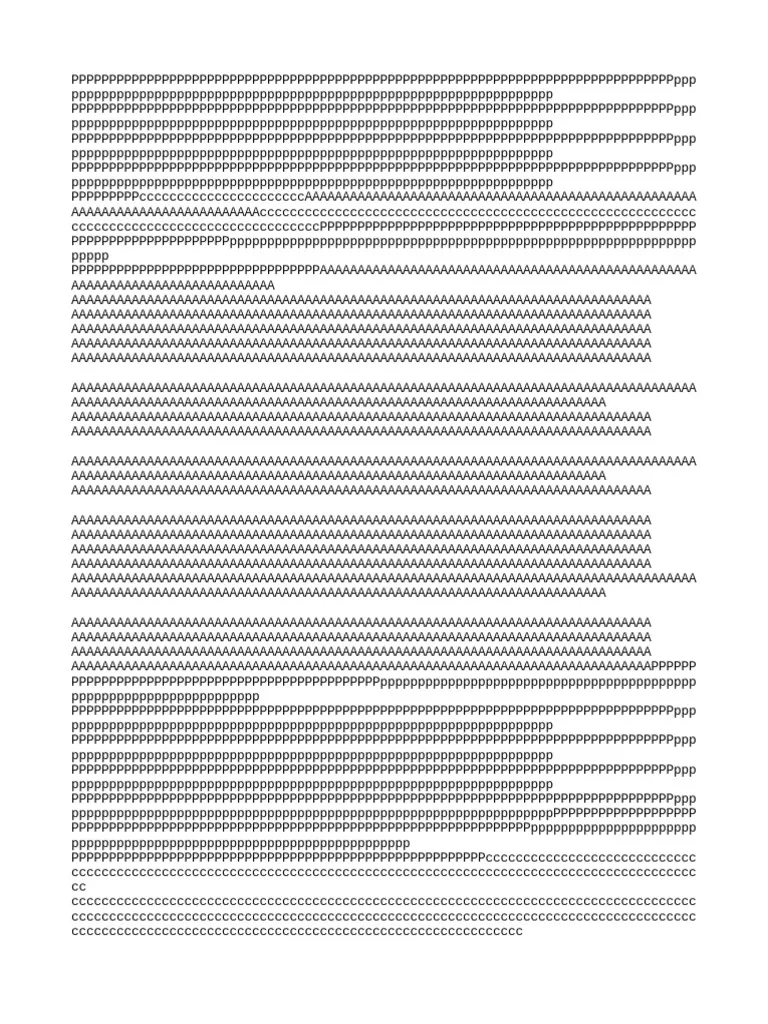
Typos and grammatical errors can make a negative impression and suggest a lack of attention to detail, a critical trait for PCAs. Always proofread your cover letter carefully before submitting it. Use a grammar checker and have someone else review it as a fresh pair of eyes can easily identify errors that you might have missed. Ensure that your cover letter is well-written and free from mistakes. Errors make you look unprofessional and undermine your credibility. Proofreading demonstrates your commitment to quality, making your application more impressive and professional.
Ignoring the Job Description
Failing to address the specific requirements outlined in the job description is a missed opportunity. The job description provides valuable insights into what the employer is looking for in a candidate. Tailor your cover letter to match the skills, experience, and qualifications mentioned in the job posting. Highlight the relevant experience and skills that directly align with the role’s requirements. Providing specific examples of how you’ve met those requirements in previous roles will show that you understand the demands of the job and are a good fit. Addressing specific aspects of the job description demonstrates you are a good fit for the role and that you pay attention to details.
Tailoring Your Cover Letter to the Job
A generic cover letter is unlikely to impress a hiring manager. Take the time to tailor your cover letter to each job you apply for. Customize the content to highlight the skills and experiences that are most relevant to the specific role. When reviewing the job description, identify the key requirements and address each one in your cover letter. Personalize your letter by mentioning the organization and demonstrating an understanding of its mission and values. Providing tailored information will help you make a strong connection with the hiring manager, and it will increase your chances of getting an interview.
Researching the Employer
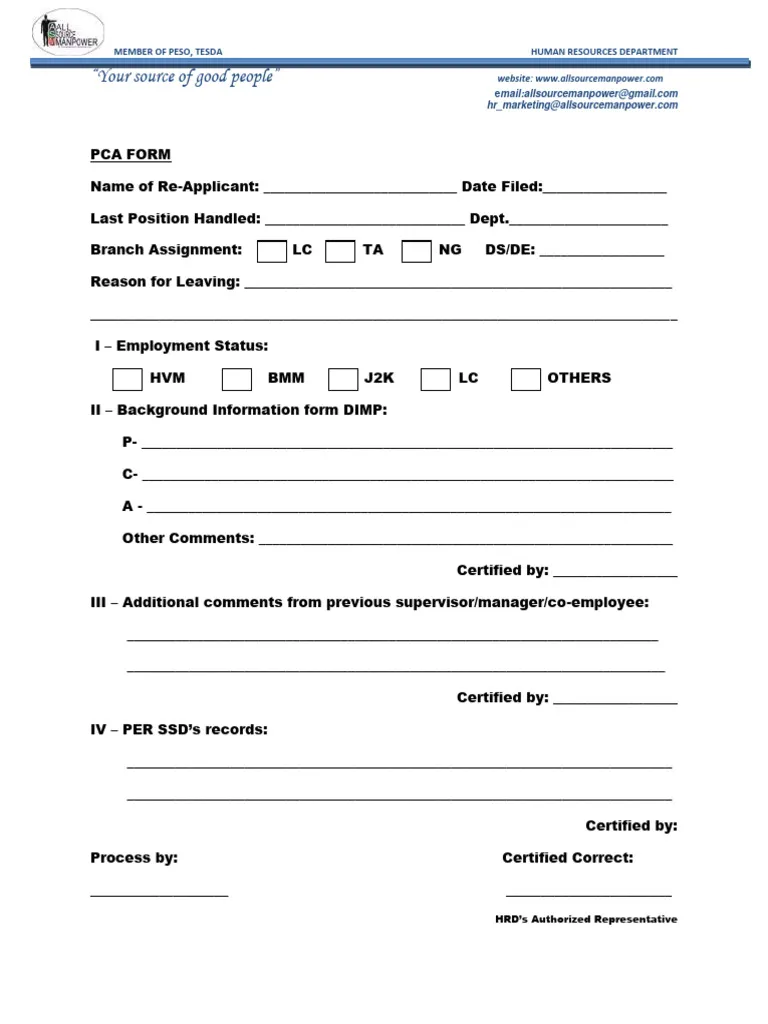
Before you start writing your cover letter, do some research on the employer. This will give you insights into the organization’s mission, values, and the specific needs of the role. Visit the company’s website and social media profiles to learn more about their culture and patient care philosophy. Identify any specific programs or initiatives that align with your interests and experience. Mentioning these in your cover letter demonstrates your genuine interest in the organization. Researching the employer shows initiative and helps you tailor your cover letter to the unique needs of the company, making your application more persuasive.
Matching Skills to Requirements
The job description serves as your guide to what the employer is seeking. Carefully read through the job description and identify the key skills, experience, and qualifications they’re looking for. Make sure to match your skills with the requirements. Give clear examples of how you have demonstrated these skills. Use the STAR method (Situation, Task, Action, Result) to provide evidence of your achievements. Highlighting the relevant skills and providing examples of how you’ve used them in the past will impress the hiring manager. Matching your skills to the job requirements makes your cover letter relevant and increases your chances of getting an interview.
Using Keywords Strategically
Many employers use Applicant Tracking Systems (ATS) to scan resumes and cover letters for keywords. To increase your chances of getting noticed, incorporate keywords from the job description into your cover letter. Identify the essential skills and qualifications, and weave these terms naturally into your content. Ensure that your keyword usage feels natural. Focus on incorporating the relevant keywords while maintaining clarity and readability. Using keywords effectively helps your cover letter get through the ATS. It also ensures that your skills and experience align with the needs of the hiring manager.
PCA Cover Letter Examples and Templates
To help you craft an effective cover letter, use examples and templates as a guide. These can provide a structure to follow and inspire you to include the key elements of a good cover letter. You can customize them to fit your specific qualifications and the requirements of the job.
Example Cover Letter
Here is an example to guide you in writing your own cover letter. This example will show you how to include your contact information, salutations, and opening and closing statements. This will show you how to highlight your skills and experience, and to include certifications and any quantifiable achievements. This is a sample only and should be changed to suit your own personal details and qualifications.
Template for Download
Download a template that you can use and adapt to fit your needs. This is a customizable template for your convenience. Ensure you tailor the template to each job application. Fill in your details, highlighting your skills, certifications, and achievements. Adapt the template to show your passion for patient care and your commitment to the role. A template is a great starting point, but remember to personalize the content. Make sure your cover letter represents you accurately.
